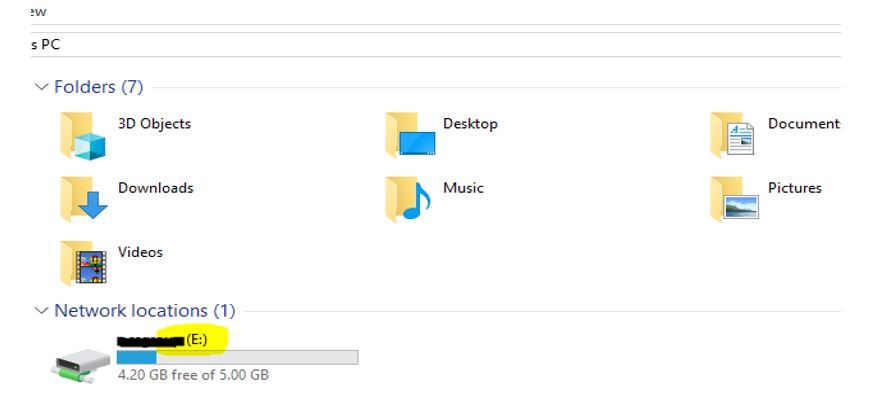QuickBooks Best Practices
QuickBooks works in a cloud environment as seamlessly as it runs on a local desktop or laptop. However, due to legacy software design, there are a few best practices that we recommend you follow. Below are some of those:
Do’s:
- Sign Out/Logoff the session once you have done with work on the virtual desktop.
- Save all the QuickBooks company files or QuickBooks backup files on E Drive. (Mapped Drive)
- Use a complex password for virtual desktop and applications.
- Recommended complexity include:
- Minimum 8 characters.
- At least one upper case.
- At least one special character (@, $, for example.)
- At least one digit (0-9).
- Use the “Show File Extensions” feature and do not execute the unknown file. Please refer to the steps mentioned in the article below.
https://apps4rent.com/support/kb/article/how-to-enable-file-extensions-in-windows-explorer
Dont’s:
- Do not save QuickBooks company files or QuickBooks backup files on Desktop or Documents.
- Do not disconnect the E drive. (Mapped Drive). Refer to the below reference screenshot.
- Do not change the IP address or network settings on the virtual desktop.
- Do not disable the Ransomware protection.
- Do not disable Windows defender antivirus.
- Refer to the below link for the above two points:
https://apps4rent.com/support/kb/article/ransomware-protection-policy-update - Do not open attachments from suspicious email(s). This to ensure that your files are not infected by ransomware, as email attachments are one of the most common ways used to infect other files.








